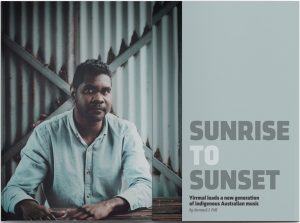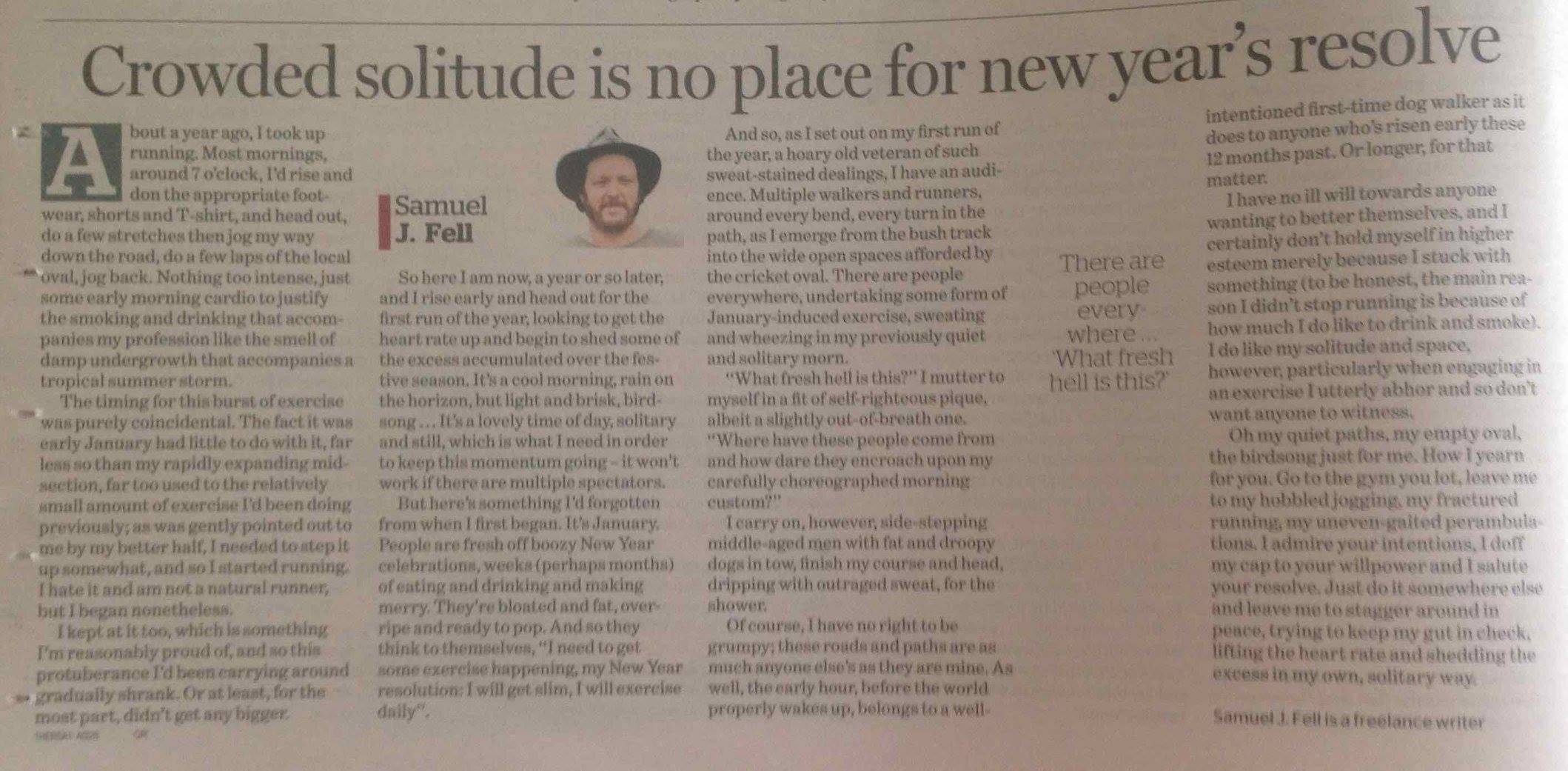[UNPUBLISHED]
Jerusalem throbs with a religious fervour, with a visceral sense of time and place, with tension you can almost cut and with a power that’s hard to put your finger on.
It swelters in summer heat, its maze of streets – in both the new and old cities – an indecipherable sprawl of foot-polished stone, undulating with the hillside, sharp left turns and dips, rivulets of some liquid or other coming to pool in the cracks, covered over with wet cardboard and shredded paper; detritus and bits and pieces that, at the end of the day, are hosed off and left to fester in the damp heat.
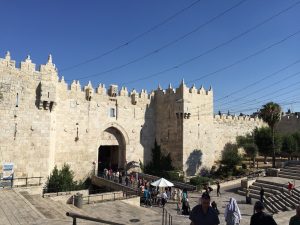
Outside the daunting Damascus Gate, perhaps the most formidable entrance to the Old City, long and black guns are strapped to uniformed fronts, tan pants tucked into boots planted firm on shining flagstones behind blue Police barriers. Inside the gate though, in the Old City on the final day of Ramadan, in the Muslim Quarter, the market booms and bustles and people throng. A seething mass bumping up against one another as they move from place to place, up steps, vanishing into dark corners behind the old rock, the giant walls disappearing behind as you descend into the maze, covered alleys decked with garments and plastic toys and sweets with names you can’t pronounce and shouldn’t pretend to.
We follow the stations of the cross and stop in small churches amidst lush gardens, oasis’ from the heat and noise outside. For the most part, they’re empty and quiet and our footsteps echo and we whisper just because. A lone woman kneels at the alter and starts to sing and her voice fills the entire space, ricocheting and furling back on itself and it sounds like a choir and stuns us to silence as we listen, before slowly fading out.
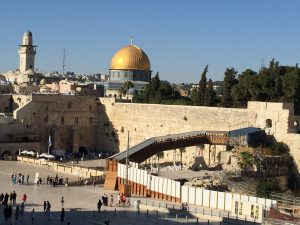
The Temple Mount is closed and things are quiet at the Western Wall. We don yamakas and wander down to the ancient barrier and touch its smooth sides, think for a minute about what it all means. The tension doesn’t seem too heightened here, the sunshine layering the scene perhaps a pleasant distraction from what could, or what has, or what might happen. An electrifyingly religious place for so many with varied beliefs and opinions as to what it means, what happened, who has ownership, who can do what and when. The guns are still there, but they’re hanging loose and it all seems so calm.
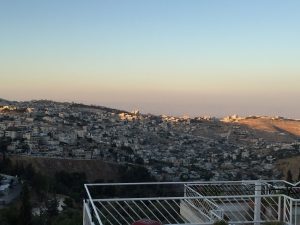
Having dinner with the ABC middle east correspondent on the hill above town, Jordan visible through the heat haze as the sun sets. We talk shop and throw opinions and observations onto the table among the tall cans of Budweiser and bottles of red wine, olives and bread and shredded meat. Talk is cheap and as the wine flows, so to does the speculation. Half a dozen people from halfway around the world trying to dissect a place as tangled and gnarled as any on earth.
Flashes of gold from a way across the desert as the setting sun reflects back off glass in another country.
The streets around the Old City seem grey and listless. The closer you get, the busier it is though, cars and buses bumper to bumper, horns blaring. At the crossing, men and women of different religions and belief systems stand side by side, the minutia of the everyday relegating them from sworn enemies to mere people crossing the road together, with their shopping, to catch the bus, to head home, to pray, to pick up their children.
The market bustles and a young Asian man sprints past, accosts someone, seems his passport has been lifted from his pocket. The accosted man is indignant and the Asian kid nearly beside himself, potentially trapped somewhere he no longer wants to be.
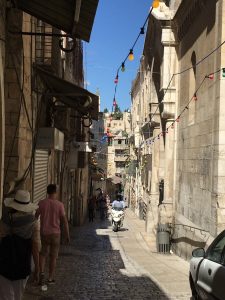
James and I head out later, at night, to a shisha bar where we smoke giant pipes and drink cold Lebanese beer while discussing this and that. Stray cats play in the garden and jump from the trees. A young woman sitting by herself receives a birthday cake from the staff who sing to her, and we wonder why she’s there alone.
Ramadan had finished the day before, and having dinner high atop one of the local hotels, we hear what seems an explosion, but are told it’s just the signal for the sun setting and so the feast begins – seems an odd signal in this part of the world, an explosion. To get here from Tel Aviv, we’ve driven through the West Bank, a long and fast run through the desert which, before you realise, is bordered on both sides by high barbed-wire fences, cameras every fifty metres on tall poles, monitoring the scene… one doesn’t stop on this road, not even for a flat tyre, one just drives until the destination, either way, is reached.
We pass through checkpoints along the way, and the soldiers manning them look no older than seventeen.
You can see the Palestinian towns, marked by tall mosques, and the Israeli settlements, marked by red-tiled roofs and huge Israeli flags. It’s tense and I feel the car speed up a little. It seems so incongruous that this place, the West bank and Jerusalem itself, these volatile pits of possible violence and despair, are so close to Tel Aviv with its convivial feel and its cosmopolitan ambiance. They seem of different countries.
We leave Jerusalem after a couple of days having walked the flagstones and seen the people and the places. It still sat heavy and foreboding, despite the sun and the heat, a place that could erupt at any time and yet is so full of history and tales tall and true that one could get lost there for decades.
It recedes behind us in the rear-view mirror as we re-enter the West Bank, past checkpoints and guns, and seems like it wasn’t even ever real, just an imaginary place where trouble brews but where people just get on with life as if it’ll never change.
Samuel J. Fell
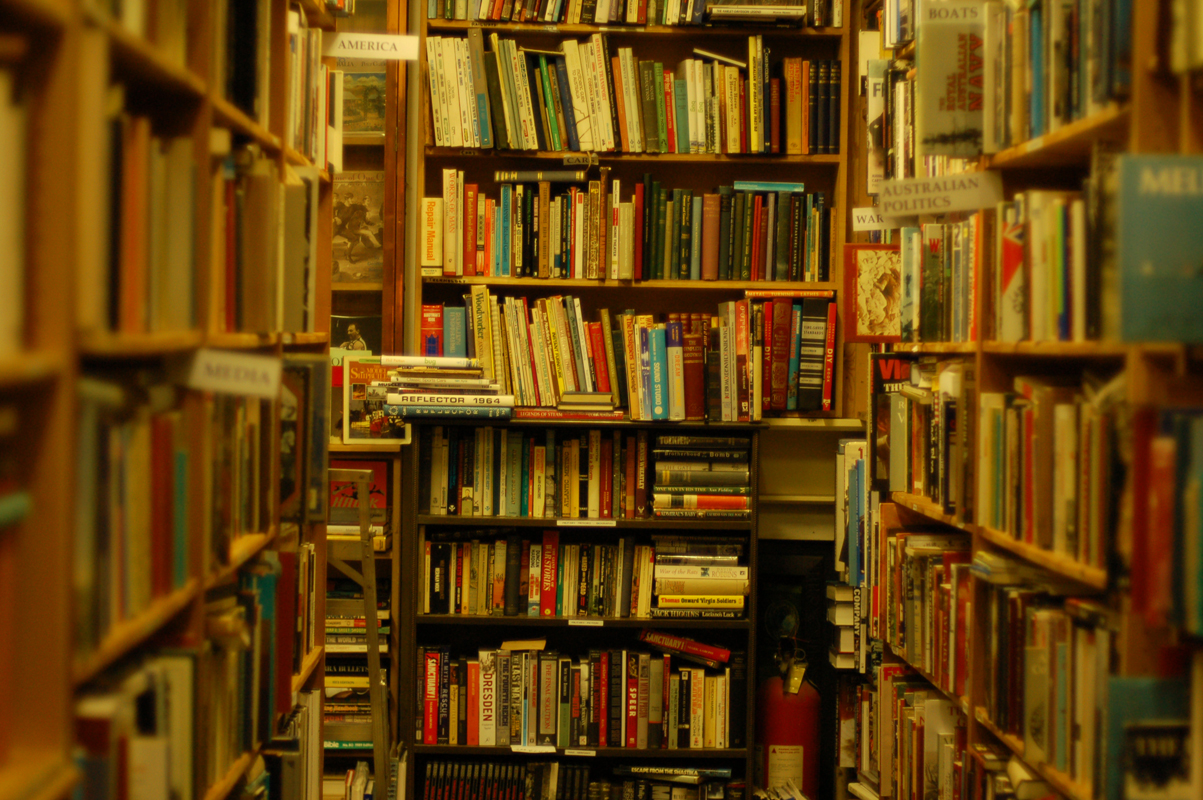
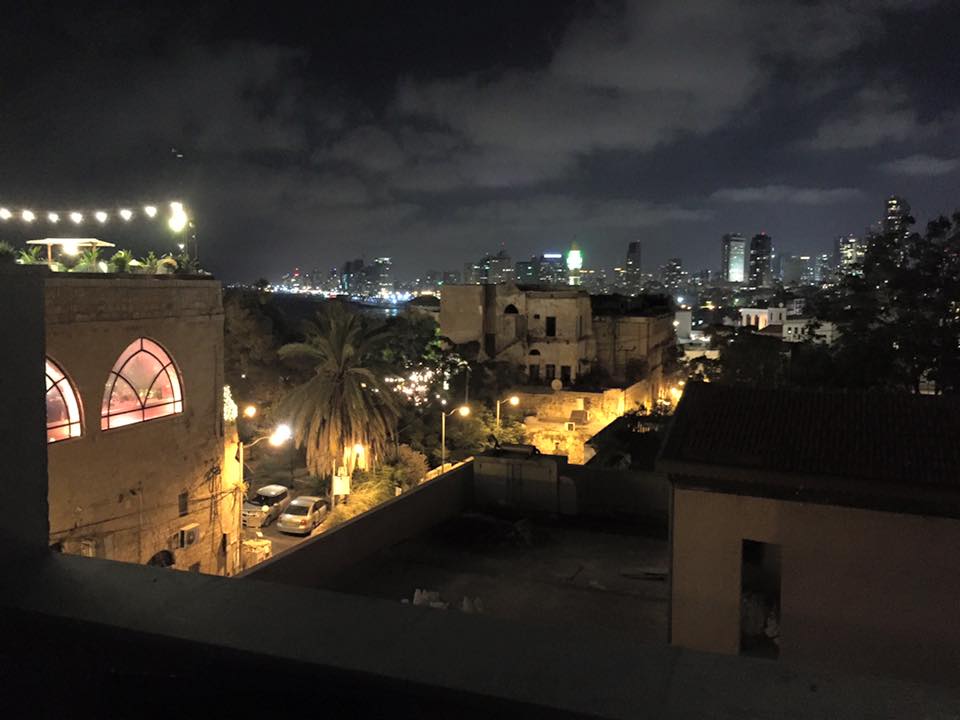
 In the old town, Jaffa and its ancient port, lights are lit and music tumbles from old, arched doorways despite the time of day and we sit on the top deck and drink Israeli beer after we’ve put her to bed and we catch up, smoking in the still air, wafting upward. The new city burns bright in the middle distance, white light, while below us basks in yellow, the flickering painting the cobbled streets in ever-changing layers of light and shade. Stray cats prowl and the purple bougainvillea spews over an old grey wall like spent beer from a bottle left in the freezer overnight.
In the old town, Jaffa and its ancient port, lights are lit and music tumbles from old, arched doorways despite the time of day and we sit on the top deck and drink Israeli beer after we’ve put her to bed and we catch up, smoking in the still air, wafting upward. The new city burns bright in the middle distance, white light, while below us basks in yellow, the flickering painting the cobbled streets in ever-changing layers of light and shade. Stray cats prowl and the purple bougainvillea spews over an old grey wall like spent beer from a bottle left in the freezer overnight. et should I come across somewhere to drink coffee while we’re out but I never do, nothing is open this early. We have the old streets to ourselves and we make for the water, along the foreshore, into the maze of the port and upward, upward, steps and slopes, warn smooth from centuries of feet, so many feet, up to the crown of the hill overlooking it all and down the other side. Across the wishing bridge. Past the church facing west. Into the shade and bustle of Yefet and into the market where nothing is open and we’re hidden from the sun under shade of narrow paths and old, faded sun-shades stretched across alleys entwined with electrical wires and ornate strands of fairy lights and wreaths of coloured cloth.
et should I come across somewhere to drink coffee while we’re out but I never do, nothing is open this early. We have the old streets to ourselves and we make for the water, along the foreshore, into the maze of the port and upward, upward, steps and slopes, warn smooth from centuries of feet, so many feet, up to the crown of the hill overlooking it all and down the other side. Across the wishing bridge. Past the church facing west. Into the shade and bustle of Yefet and into the market where nothing is open and we’re hidden from the sun under shade of narrow paths and old, faded sun-shades stretched across alleys entwined with electrical wires and ornate strands of fairy lights and wreaths of coloured cloth.